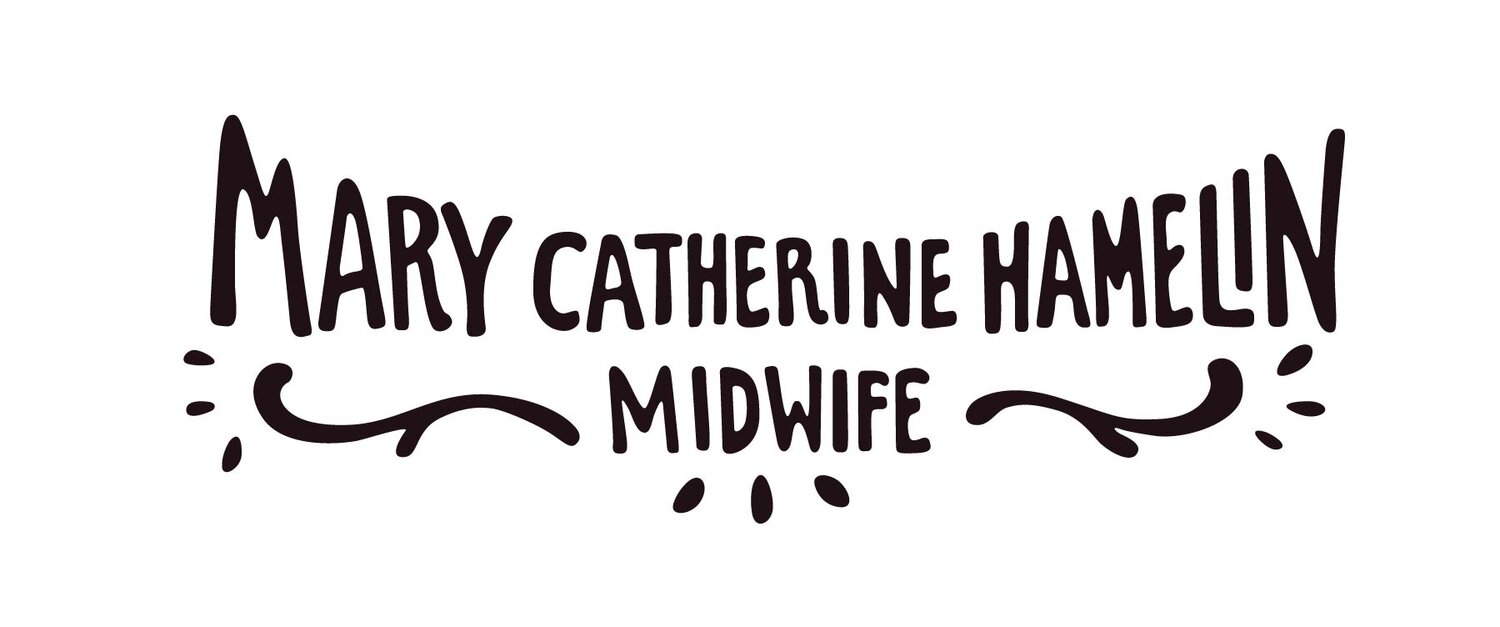Frequently Asked Questions
What is a Licensed Midwife?
In the United States, legalities and education/experience of direct entry midwives varies from state to state. In Florida, Licensed Midwives are required to attend a 3 year approved in-state midwifery education program, complete clinical requirements under the supervision of a preceptor midwife, pass a national written examination, report annual statistics, and pursue continuing education for license renewal. We are trained as guardians of normal pregnancy and birth, accepting into care only low-risk families for out-of-hospital care, and are required by law to consult/refer/transfer care for situations that fall outside our scope of practice.
In Florida, a Licensed Midwife can provide your routine prenatal, birth, and postpartum care autonomously, collect any needed diagnostic testing for you and your baby, prescribe pregnancy ultrasounds, administer newborn exams and metabolic screening, and even file your birth certificate.
How do I know if I’m a good candidate for home birth?
I’m happy to answer any specific questions about your health history and homebirth via email or Zoom consultation. Licensed Midwives are required to complete a risk assessment of each client, reviewing a number of health conditions and history. Conditions like high blood pressure, diabetes, heart or lung disease, blood clotting conditions, history of multiple surgeries on your uterus, or the reliance on certain medications may not be a good fit for this care.
People planning a homebirth should be in generally good physical and mental health, have family and community support available, and be preparing to give birth without pain medication available. Even certain risk factors do not mean you cannot have a homebirth, but will require us to consult with an OB or Maternal Fetal Medicine Specialist during your care. By law, Licensed Midwives in Florida cannot facilitate breech or twin/multiples births.
What if there is an emergency?
Licensed Midwives are trained specifically in community birth, including how to prevent/avoid and resolve complications during labor, birth, and the immediate postpartum. My personal practice is always to mitigate risk by keeping prenatal complications out of the birth space. Assessments are done throughout pregnancy that help us determine together whether or not home continues to be the best place to plan for birth. For rare and unexpected emergencies, I carry equipment such as anti-hemorrhagic medications, neonatal resuscitation supplies and oxygen, pulse oximeter, and do not hesitate to transfer to the hospital when a situation calls for it. 2019 statistics on hospital transfers and birth outcomes for my practice can be found HERE, 2020 statistics are HERE.
Do you attend births in the hospital?
The decision to provide community midwifery care was based on my observations and experiences in multiple birth settings over the 10 years I served as a doula.
As a midwife now, I am not associated with any hospital, nor do I have “delivery privileges,” but have close relationships with & recommendations for clinical providers who treat families with respect and compassion. For my planned homebirth clients who develop risk factors during pregnancy or labor that make the hospital the safest choice for birth, I am honored to serve in a doula support role while your clinical care is managed by an OB or Certified Nurse Midwife.
I am now beginning to offer pregnancy and postpartum consultation/care services to families who are planning a hospital birth but want an additional layer of holistic midwifery care home visits to complement the path they have chosen. This does not take the place of your provider or doula, but brings the best of both worlds to your pregnancy and postpartum experience.




